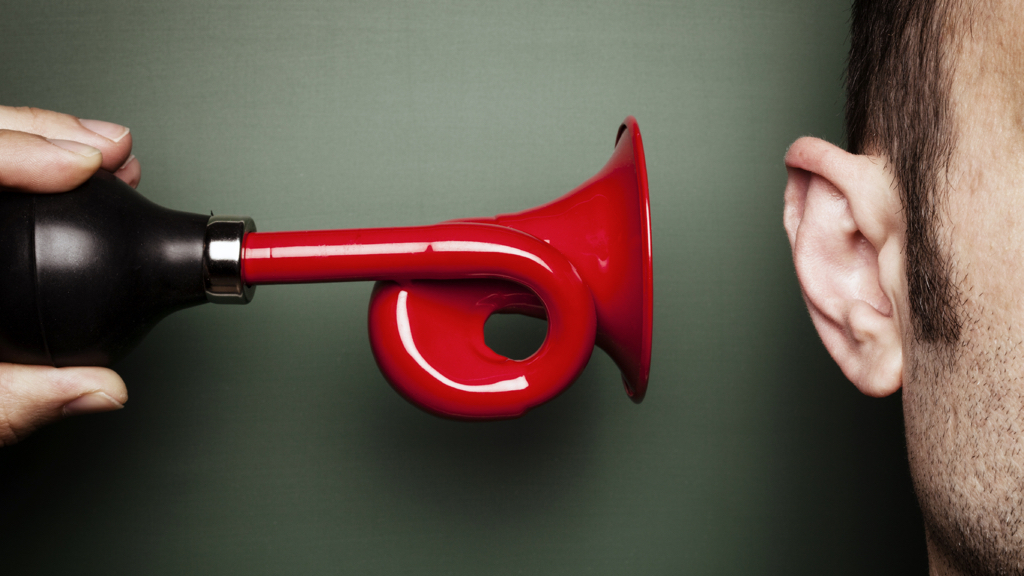What reminders do you need?
Datum: 2017-03-20 14:48

When did you last snooze a reminder? Was it this morning or just a few minutes ago? Or, do you not even use the reminder-function?
A client asked me the other day about how to turn off the reminder-box which pops up when he opens Outlook. This got me thinking.
I can really understand how he wants to get rid of it since he does not wish to be reminded when it is comes up. Yet, we did in fact ask to be reminded when we set the reminder in the first place.
Just in time?
How many of all the world’s computer- and cell phone-reminders actually sound the alarm when we want to be reminded? Some do, but if I am to draw some conclusions from what I hear from my mentees, most do not. Thereof comes all this snoozing since we are not actually interested in being reminded when the reminder sounds.
Reminders, notifications and other notification sounds which go off when we do not want them to are only distracting us. They disturb us in what we are currently doing and make us lose focus.
Some are truly valuable
But, reminders in themselves are not ineffectual. They can, if used correctly and in the appropriate context, be true lifesavers.
They help us the most when acting as triggers that make us switch task immediately. The reminders which are genuinely useful and which are the right ones to use the reminder-function for are for example reminders such as:
- ”Get up and go right now, otherwise you will not make it!”
- ”You have an important meeting in 30 minutes, so it is time to start preparing for that now.”
- ”This was the time when you promised to call the client.”
- ”You just received the urgent e‑mail you have been expecting, so you will be able to continue working now.”
- ”You are currently in geographic proximity to that place where you wanted to go and do/buy something when in the neighborhood.”
- and, of course: ”Wake up! It is time to get up.”
And some you can skip
On the other hand, instead of having reminders that say ”The following tasks are due today”, practice starting every day with looking through your to-do-list (on your own initiative) when it suites you to do so.
Instead of being reminded that [pling!]”You e‑mailed N one week ago today and you still have not received a reply”, make it a habit to quickly look through your waiting-for-list daily, on your own initiative and when it suits you best.
Get rid of as many reminders and notifications as you possibly can and which you do not actually need. You are probably reminded and notified enough as it is.
Do this
When you are reminded of something this week by hearing a reminder sound or seeing a pop-up notification, take a minute to consider if this reminder is actually necessary.
Were you reminded just when you needed to?
- Yes? Congratulations!
- No? Do you really want to keep it then? Remove it if you are even remotely tempted to snooze it. How big is the chance that it pops up at the right time next time it rings — after you already snoozed it?
Nice to not be interrupted
If you from now on reevaluate your reminders you will end up with less inefficient reminders and you will snooze fewer of them. You will to a greater extent than before be in charge of when to look at your to-do-list or check your e‑mail.
The reminders you choose to keep are kept for a good reason and you will enjoy how they actually help you not have to remember things you cannot afford to miss or forget.
You will have fewer sounds, interruptions and distractions, and be able to focus more. Good for you!
What do you want to be reminded of?
Did I forget an important reminder? Leave a comment and remind me!




